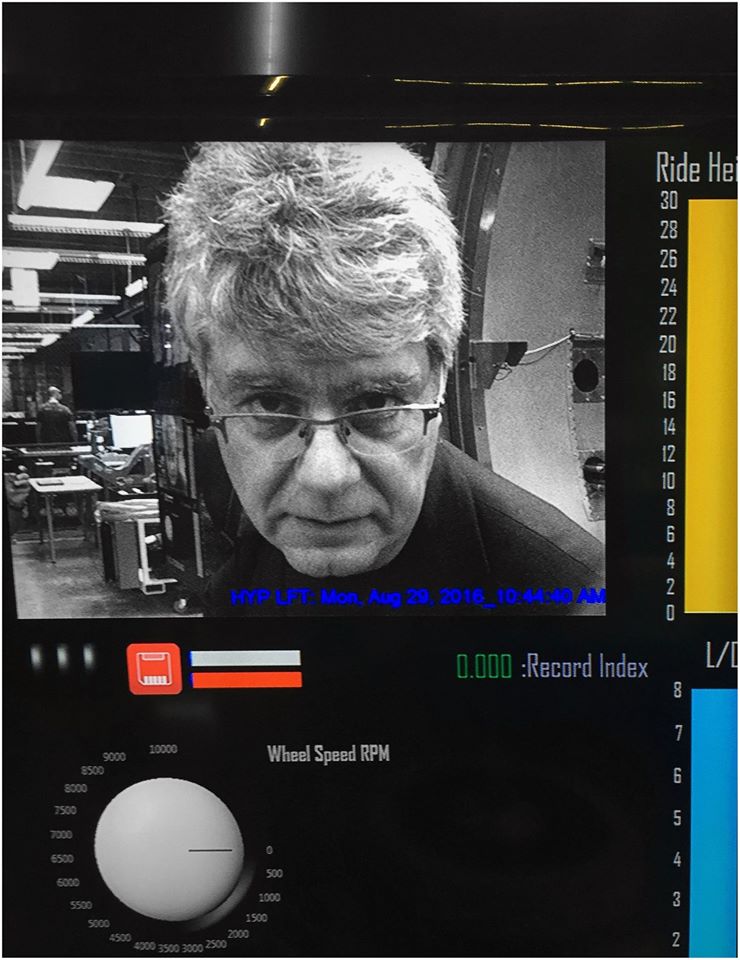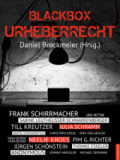Das Problem haben Akademiker ja öfter: Sie müssen einen – mehr oder weniger knappen – Lebenslauf abfassen, der dann in Konferenzprogrammen oder Buchumschlägen oder auf Webseiten allen Interessierten schildern, soll, wie wichtig und einflussreich man doch sei. Doch wie findet man die Balance zwischen dem vornehmen Understatement (= die eigene Leuchtkraft unter dem sprichwörtlichen Scheffel abzudämpfen, damit andere nicht unnötig geblendet werden) und der Notwendigkeit, die eigenen Leistungen prominent herauszustellen, was in einer Publish-or-Perish-Kultur einfach zum Geschäft gehört? Ich fand diesen Kurzlebenslauf, der aus Anlass eines Vortrags von Leslie Lamport (wer wissen will, was der Mann so gemacht hat, klicke hier) am Massachusetts Institute of Technology ausgehängt wurde, als einen ganz gut geratenen Versuch, dem Problem mit einer Portion Selbstironie beizukommen:
TALK: Dertouzos Distinguished Lecture, “Who Builds a Skyscraper without Drawing Blueprints?”
Abstract:
Architects draw detailed plans before construction begins. Software engineers don’t. Can this be why buildings seldom collapse and programs often crash? A blueprint for software is called a specification. TLA+ specifications have been described as exhaustively testable pseudo-code. High-level TLA+ specifications can catch design errors that are now found only by examining the rubble after a system has collapsed.Biography:
Dr. Lamport received a doctorate in mathematics from Brandeis University, with a dissertation on singularities in analytic partial differential equations. This, together with a complete lack of education in computer science, prepared him for a career as a computer scientist at Massachusetts Computer Associates, SRI, Digital, and Compaq. He claims that it is through no fault of his that of those four corporations, only the one that was supposed to be non-profit still exists. He joined Microsoft in 2001, but that company has not yet succumbed.Dr. Lamport’s initial research in concurrent algorithms made him well-known as the author of LaTeX, a document formatting system for the ever-diminishing class of people who write formulas instead of drawing pictures. He is also known for writing
“A distributed system is one in which the failure of a computer you didn’t even know existed can render your own computer unusable.”
which established him as an expert on distributed systems. His interest in Mediterranean history, including research on Byzantine generals and the mythical Greek island of Paxos, led to his receiving five honorary doctorates from European universities, and to the IEEE sending him to Italy to receive its 2004 Piore Award and to Quebec to receive its 2008 von Neumann medal. However, he has always returned to his home in California. This display of patriotism was rewarded with membership in the National Academy of Engineering and the National Academy of Sciences.
More recently, Dr. Lamport has been annoying computer scientists and engineers by urging them to understand an algorithm or system before implementing it, and scaring them by saying they should use mathematics. In an attempt to get him to talk about other things, the ACM gave him the 2013 Turing Award.
Allein um zu hören, ob er diesen Stil auch in seinem Vortrag durchhalten kann und dabei noch wirklich etwas Substanzielles zu sagen hat, reizt es mich, dort am Mittwoch mal reinzuhören…





Kommentare (6)